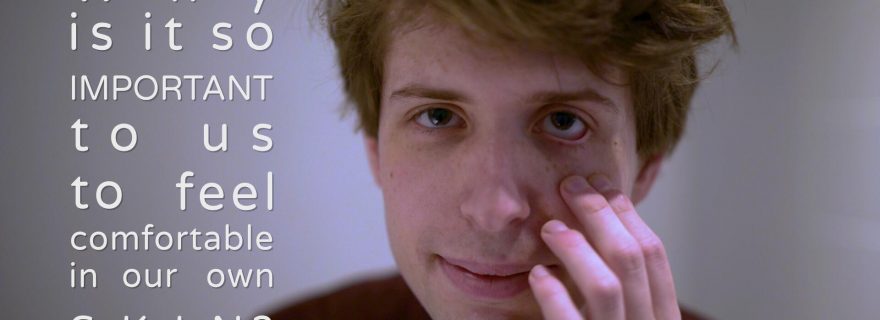LUCAS Explains #10: Why is it so important to us to feel comfortable in our own skin?
In this time of social distancing, physical contact, and therefore our skin, has become the subject of discussion on a global scale. Has the skin always been this important in the social life of human beings? And in what ways? Glyn examines these questions for Greek antiquity.
Skin matters. This is certainly true now, in our age of skin grafts and neurology. The 1.5 meter society taking its toll on many of us, however, shows us that the social relevance of the skin is not to be taken lightly as well. This is also true for Greek antiquity. The ancient world of course differs from our own, so we may expect the skin to matter in different ways in, say, 400 BCE than it does now. In this video, Glyn explores why it is important not to neglect to study the social side of the skin, both then and now.
Glyn Muitjens: 'Why is it so important to us to feel comfortable in our own skin?'ABOUT LUCAS EXPLAINS
In the video series LUCAS Explains, young researchers tell about current societal and cultural topics from a historical or fresh point of view. The subjects range from diversity to national identity and from inclusiveness to migration. The videos stretch the history from the Classics to the present and from Europe to Asia. LUCAS Explains is published every other Tuesday. LUCAS Explains is a video series of Leiden University Centre for the Arts in Society and SOON media Amsterdam.
THANKS TO
The Netherlands Organisation for Scientific Research
Leiden University
© Glyn Muitjens and Leiden Arts in Society Blog, 2020. Unauthorised use and/or duplication of this material without express and written permission from this site’s author and/or owner is strictly prohibited. Excerpts and links may be used, provided that full and clear credit is given to Glyn Muitjens and Leiden Arts in Society Blog with appropriate and specific direction to the original content.



0 Comments